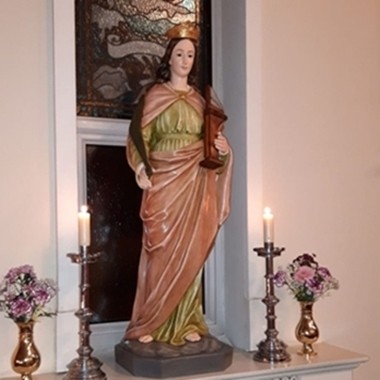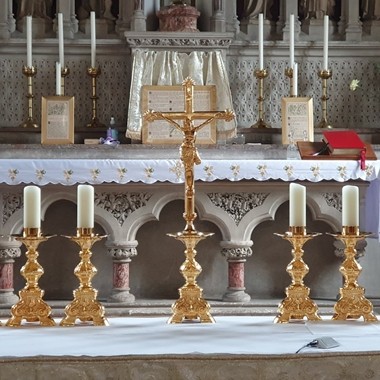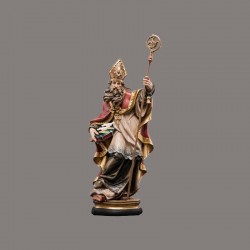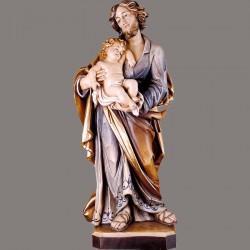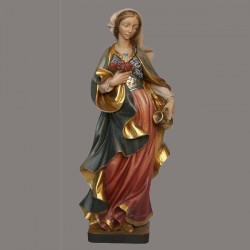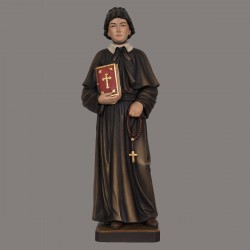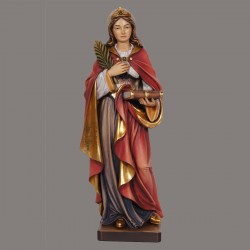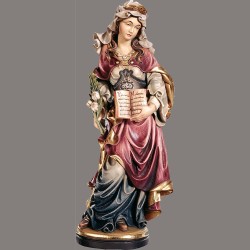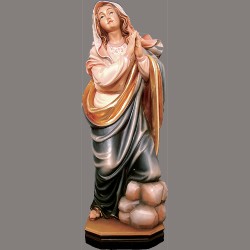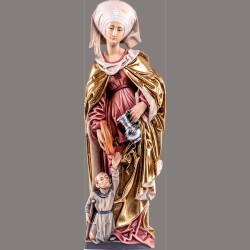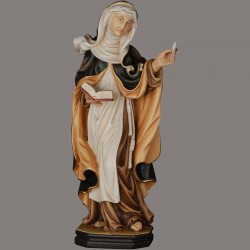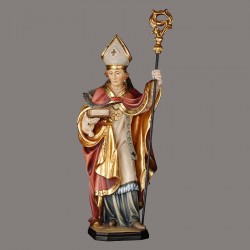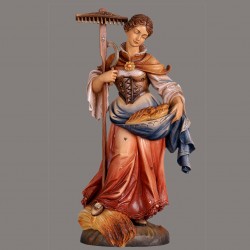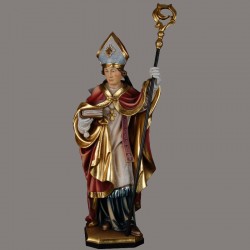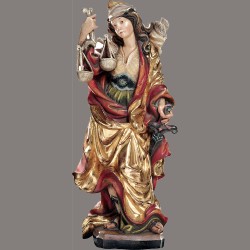
Due to the size of this item, delivery outside of the UK mainland will be calculated once we receive your order. This is to ensure that we get the item to you as soon as we can at the best price possible.
To discuss any additional delivery costs prior to placing your order, please contact our customer service team. *Note that delivery costs calculated prior to your order being placed may be subject to change, due to fluctuating shipping costs.
Saint Eugenius of Carthage was a Christian saint, unanimously elected Bishop of Carthage in 480 to succeed St. Deogratias of Carthage (died 456). He was caught up in the disputes of his day between Arianism and mainstream Christianity.
His episcopal election was deferred owing to the opposition of the Arian Vandal kings and was only permitted by King Huneric at the instance of Zeno and Placidia, into whose family the Vandals had married. The bishop's governance, charity, austere lifestyle and courage are said to have won him the admiration of the Arians. In his uncompromising defence of the Divinity of the word of the Bible he was imitated by his flock, many of whom were exiled with him. This occurred after he had admitted Vandals into the Catholic Church, contrary to royal edict, and had engaged in argument against Arian theologians, whom the king pitted against the Catholics. Both sides claimed the name "Catholic", the Arians calling their opponents "Homoousians".
The conference, held some time between 481 and February 484, ended by the withdrawal of the chief Arian bishop on the plea that he could not speak Latin. The Arians being enraged, Huneric exiled forty-six bishops to Corsica and three hundred and two to the African deserts. Among the latter was Eugenius, who under the custody of a man named Antonius dwelt in the desert of Tripoli. On setting out he wrote a letter of consolation and exhortation to the faithful of Carthage which is still extant in the works of St. Gregory of Tours (P.L., LVII, 769-71).
Gunthamund, who succeeded Huneric as Vandal king, allowed Eugenius to return to Carthage and permitted him to reopen the churches. After eight years of peace Thrasamund succeeded to the throne, arrested Eugenius and condemned him to death, but commuted the sentence into exile at Vienne, near Albi (Languedoc), where the Arian Alaric was king. Eugenius built there a monastery over the tomb of St. Amaranthus the martyr, and led a penitential life till his death on 13 July, 505.



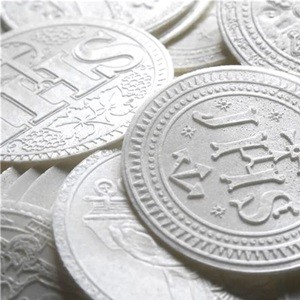
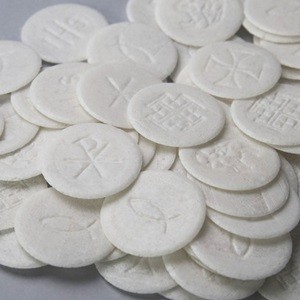






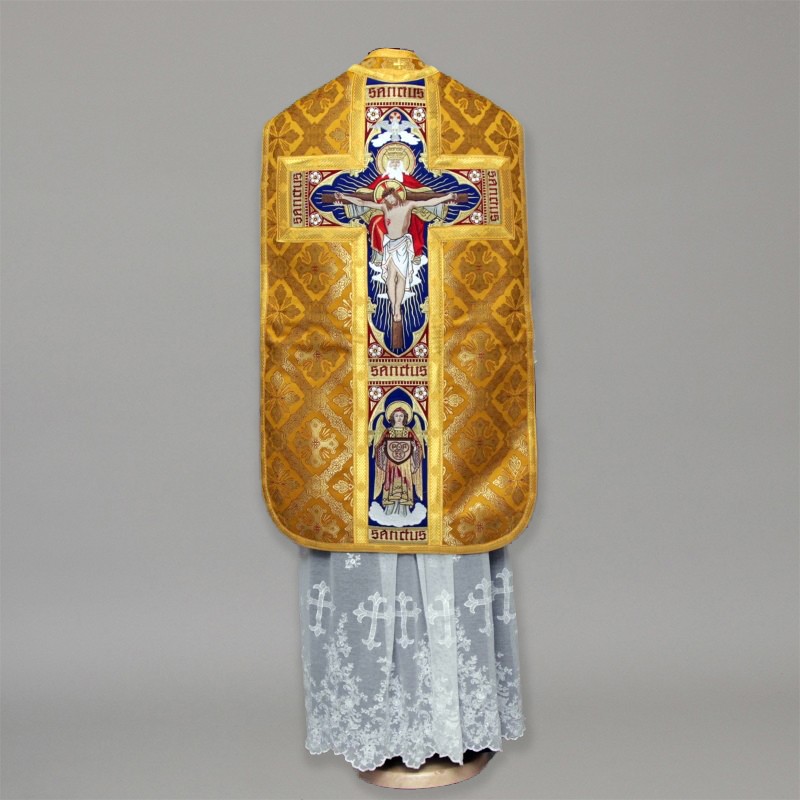
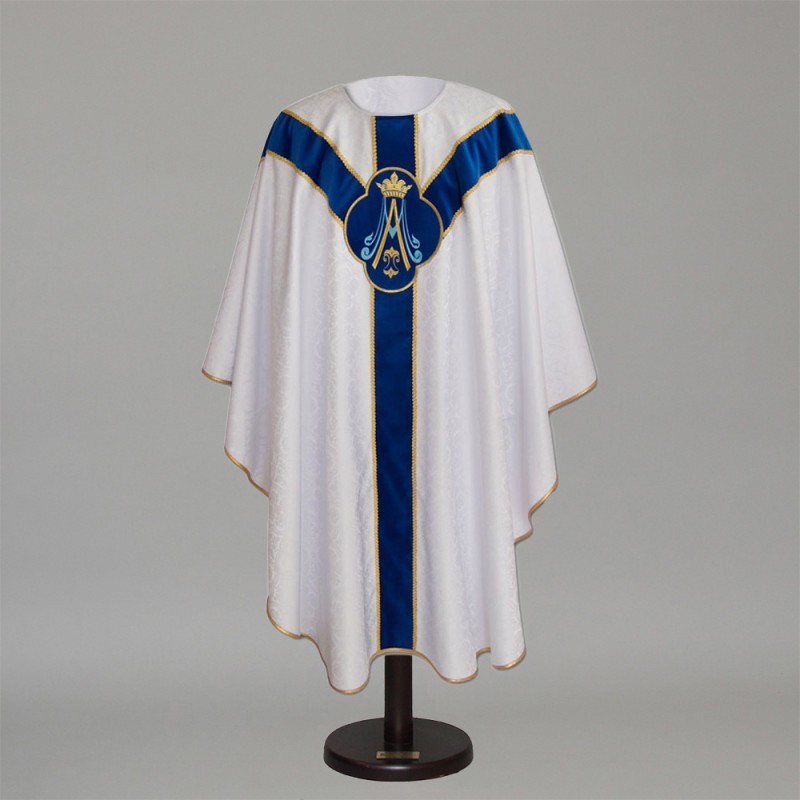

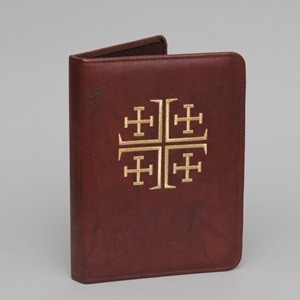
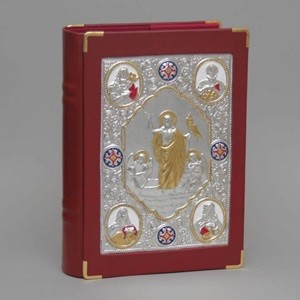
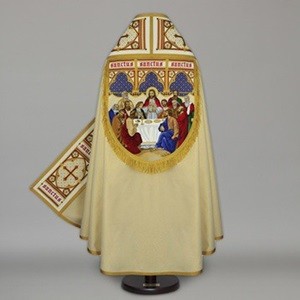
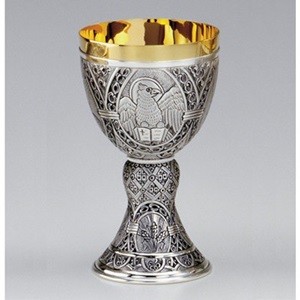

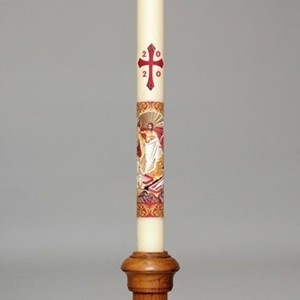
.jpg)

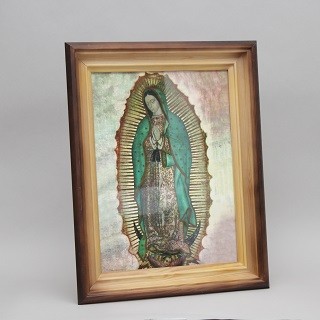

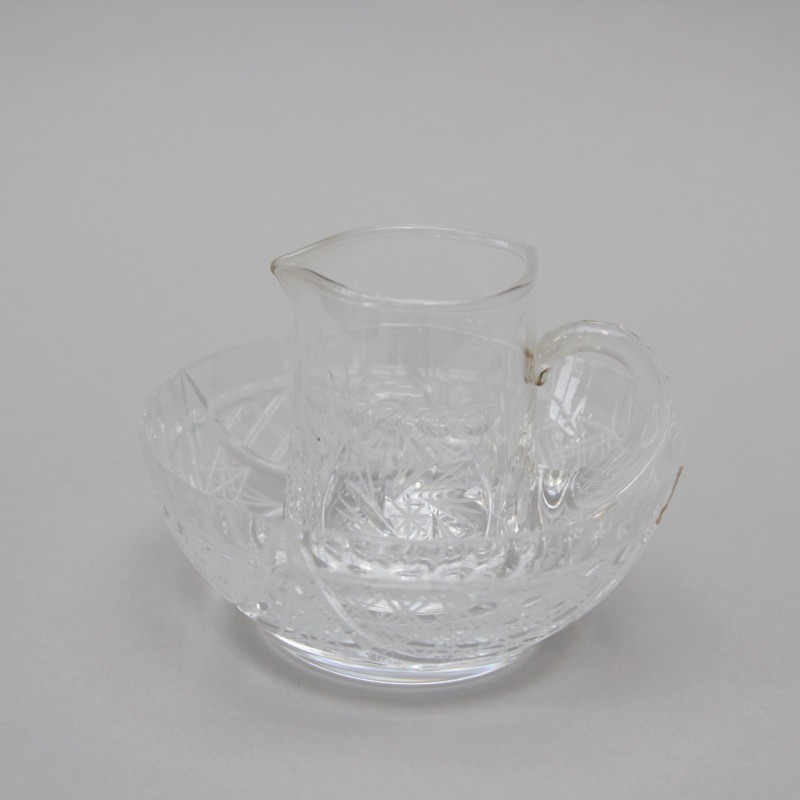
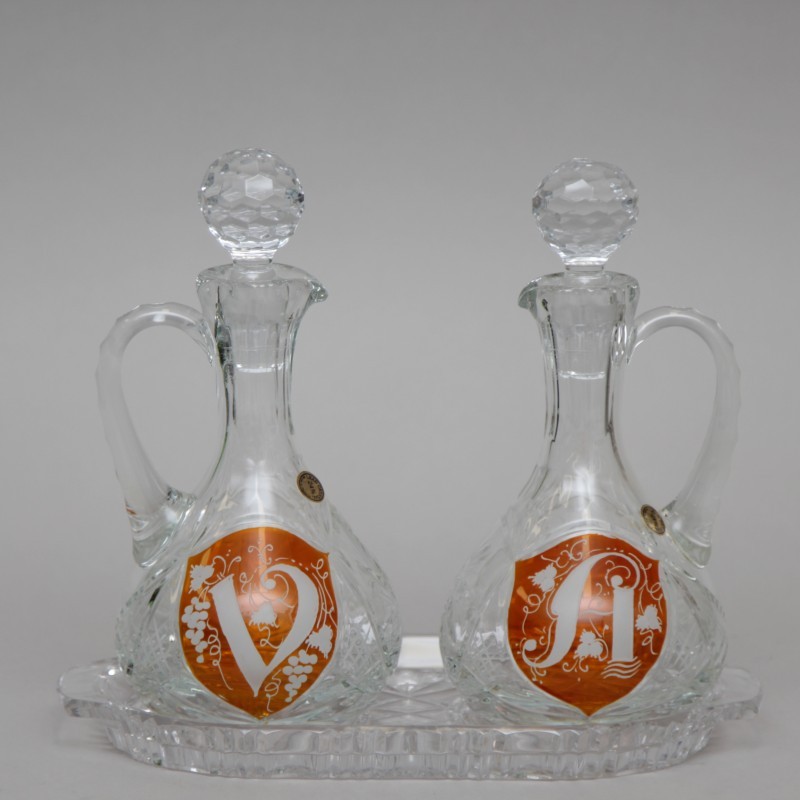
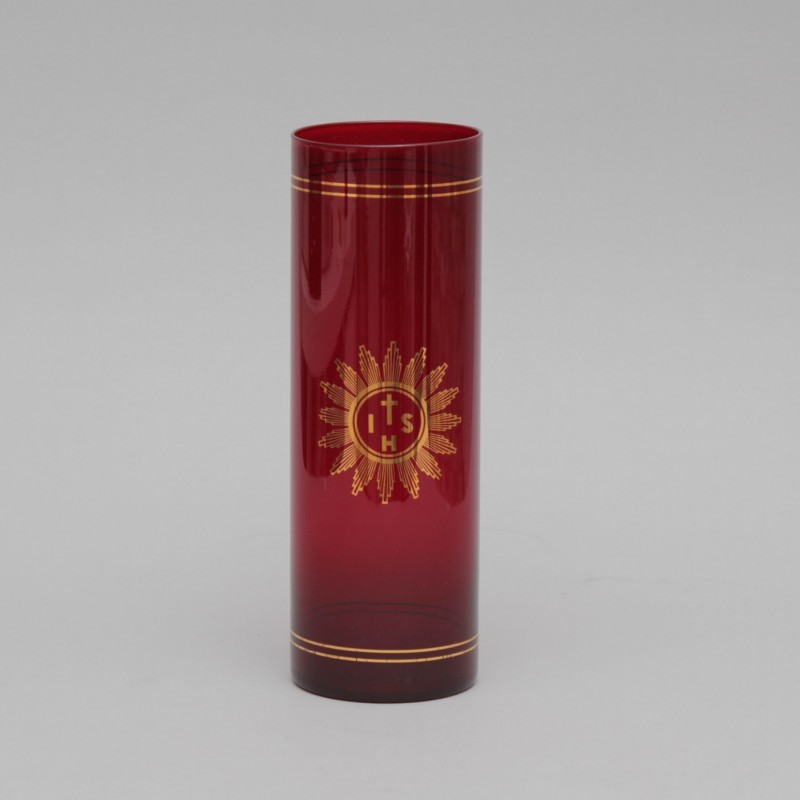


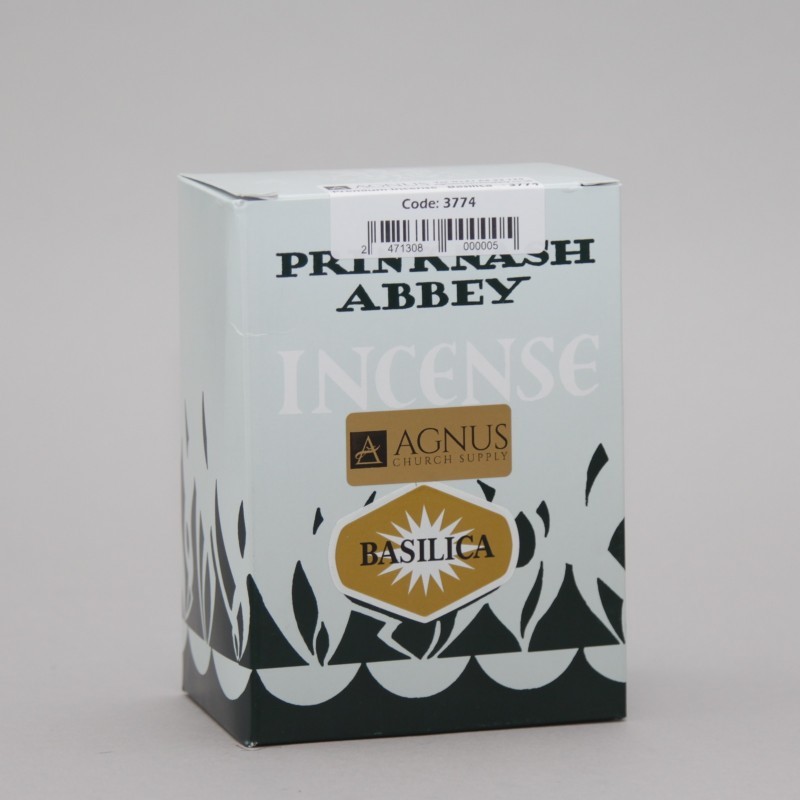
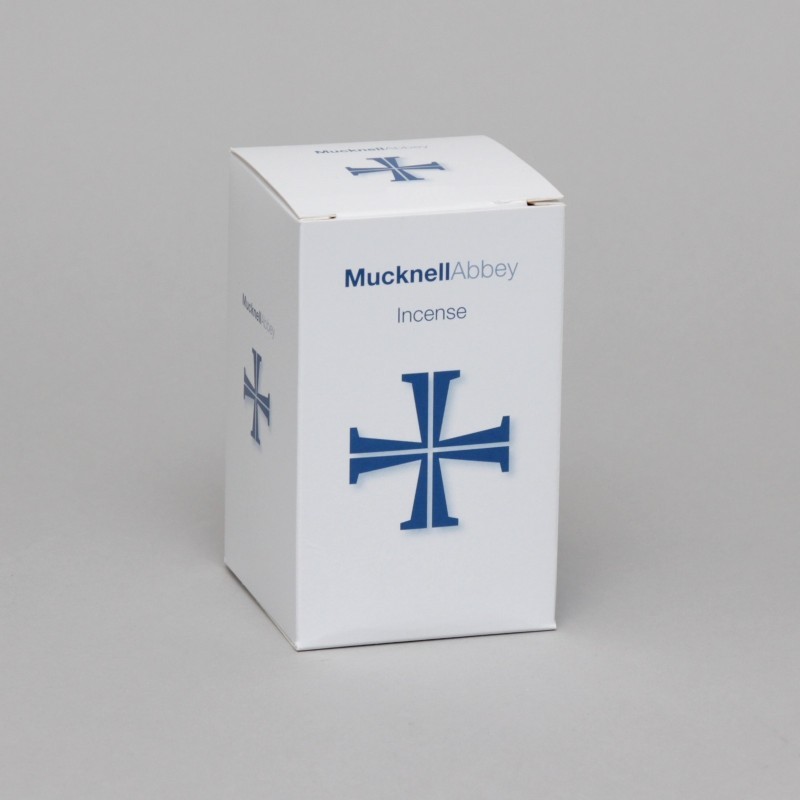
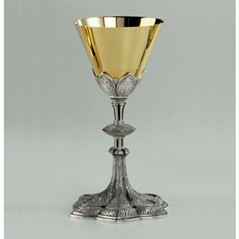
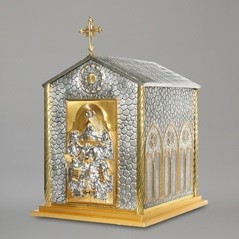
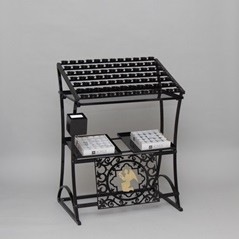
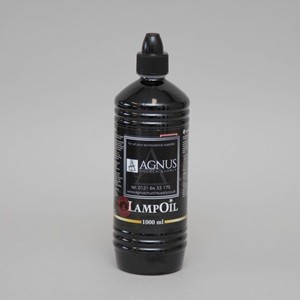
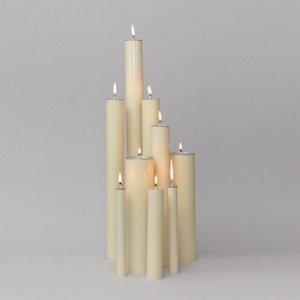





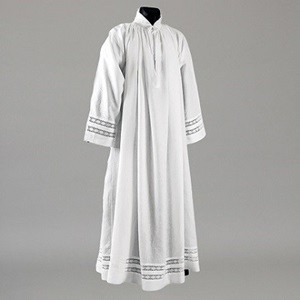





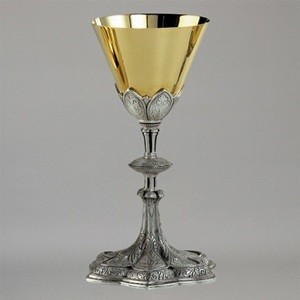

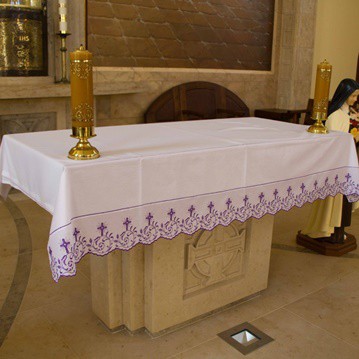

.jpg)
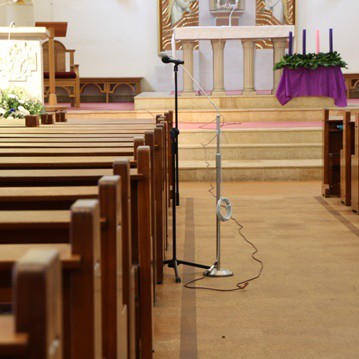

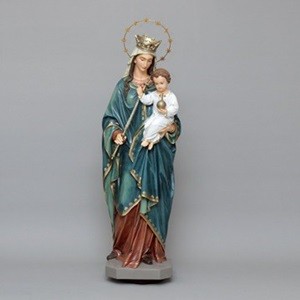





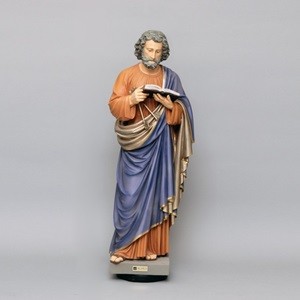


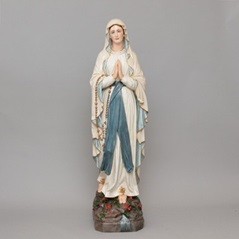





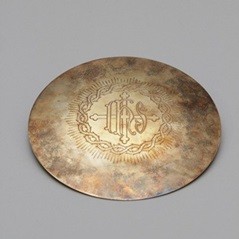





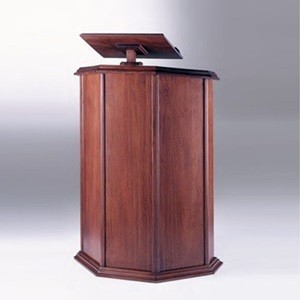








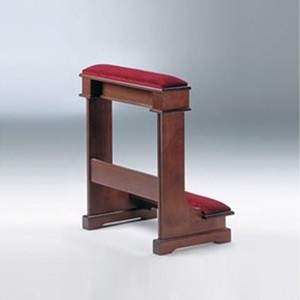






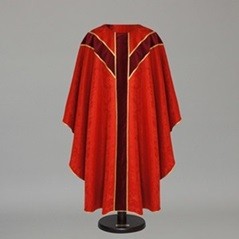









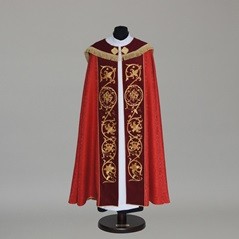

.jpg)
.jpg)
.jpg)

.jpg)
.jpg)
